Contents
Page List
Guide

FRENCH CONNECTION
A LEXIS B ERGANTZ is a historian of Australias entanglements with France and the French Pacific. He is currently a lecturer at RMIT University in Melbourne, where he teaches in Global and Language Studies. He has a PhD in history from the Australian National University.
In the late 1800s, for Australians, France was the land of haute cuisine, haute couture and high culture, but also a country of dangerous revolutionaries and menacing colonialists. Alexis Bergantzs well-researched and very engagingly written history of the French in Australia offers revealing portraits of individual lives, deftly assesses the way the two societies saw each other, and explains how the French helped create modern Australia.
Robert Aldrich, University of Sydney
In French Connection, Alexis Bergantz transcends contribution or ethnic history in explaining how Frenchness in Australia was among the ingredients of an antipodean culture that has been more cosmopolitan for much longer than most imagine. This superb cultural history is as stylish as the images of France and Frenchness that it so brilliantly interrogates.
Frank Bongiorno, Australian National University
French Connections is a lively, spirited and historically informed account of the history and legacy of FrenchAustralian relations. Bergantz deftly weaves together stories of individuals and groups who together paint an intricate portrait of the connections between the two nations. The engaging snapshots rest upon profound and rigorous historical research. French Connections is a significant contribution to this important historiography and will be essential reading for those interested in Frenchness and Australianness.
Natalie Edwards, University of Adelaide
Though France failed to colonise Australia, French cultural connections and entanglements have continued longer and stronger in Australia than most of us know. Alexis Bergantzs wide-ranging, stylish, and thought-provoking book reveals how French immigrants and culture have infiltrated our dreams from the battlefields of Gallipoli to the palettes of our artists, and the couture and cuisine of our urban boulevards.
Iain McCalman, author of The Seven Ordeals of Count Cagliostro and Darwins Armada
With insight, wit and humour, Alexis Bergantz explores the multi-layered history of the Australian Francophilia and Francophobia detailing how, since the earliest days of English settlement, the French in Australia, and from afar, have played a vital role in shaping the Australian identity. An absorbing read!
Margaret Sankey, University of Sydney
A NewSouth book
Published by
NewSouth Publishing
University of New South Wales Press Ltd
University of New South Wales
Sydney NSW 2052
AUSTRALIA
newsouthpublishing.com
Alexis Bergantz 2021
First published 2021
This book is copyright. Apart from any fair dealing for the purpose of private study, research, criticism or review, as permitted under the Copyright Act, no part of this book may be reproduced by any process without written permission. Inquiries should be addressed to the publisher.
ISBN: 9781742237091 (paperback)
9781742245256 (ebook)
9781742249803 (ePDF)
 A catalogue record for this
A catalogue record for this
book is available from the
National Library of Australia
Design Josephine Pajor-Markus
Cover design Peter Long
Cover image The Swing, Jean-Honor Fragonard (top) and Down on His Luck, Frederick McCubbin
All reasonable efforts were taken to obtain permission to use copyright material reproduced in this book, but in some cases copyright could not be traced. The author welcomes information in this regard.

Contents
Note on translations
All translations are my own unless otherwise stated. An asterisk (*) following an authors name in the endnotes indicates a quotation that was originally in French. The original French can be found in the Appendix, pages 14552.
Introduction: Frenchness in Australia
The French acting vice-consul in Australia could barely contain himself. Disillusioned, Eugne Lucciardi had just attended a public exhibition showcasing the work of Victorian State pupils in Melbourne. Many heresies were committed on that early spring day in 1906. For one, the children had drawn the Union Jack on a world map above Madagascar, which was under French colonial rule. On a more minor scale, but just as dumbfounding to the vice-consul, one student had written a fanciful report that mixed up Marat, the revolutionary martyr so famously assassinated in his bath in 1793, with Joachim Murat, the Dandy king and brother-in-law to Napoleon I, who died a whole twenty-two years later. Lucciardi was adamant: the exhibition was an automobile accident translated into text.
Peoples ideas about France and French culture are diverse and sometimes contradictory. They can be influenced by a persons class, gender, nationality, education or social aspirations. In contrast to those ignorant school children, Australian author and socialist Christina Stead thought Paris in 1929 not so much the French capital, as the capital of the modern world. Not everybody thought highly of France, its culture or indeed the French.
A connection to France mattered quite a lot to some people and this book endeavours to tell their story. To Lucciardi or Christina Stead, Frenchness (a sense of being French or displaying a connection to French culture) had a role to play in the way they lived their lives and how they thought of themselves. This book goes some way in unpacking the complicated relationship the Australian colonies, and later the Australian nation, had with a country that was on the other side of the world a country that commanded a competing empire in the Pacific. But more importantly, French Connection aims to explore why a connection to France or French culture held meaning to some, and what they did with it, whether they were French migrants or Australian Britons (those of British descent whose culture was an extension of Britains but often distinct in many ways).
The French have been a part of the Australian story since the beginning of white colonisation, from lowly cooks and diggers on the goldfields to the dynasties of wool buyers who arrived in Melbourne and Sydney in the late 19th century and whose families formed the social mortar of an elite francophone world. To many French migrants and their descendants, being French was a crucial part of their identity; it defined them as individuals and as a people. Take for instance the case of a group of French businessmen in Sydney and Melbourne at the time of the political scandal known as LAffaire (the Dreyfus Affair, 18941904). During this time, the young Third Republic wrongfully condemned the Jewish army officer, Alfred Dreyfus, for treason and exiled him to Devils Island off the coast of French Guiana. In New South Wales, the blunder-prone governor, William Lygon, the Earl of Beauchamp and Queens representative, abandoned diplomatic restraint and proclaimed at an official function that the trials were a parody of justice, and made him feel proud to be English rather than French. Deeply offended, the businessmen closed ranks to defend the values of libert, galit, fraternit and their honour as Frenchmen. At the same time, many of these very same men were embroiled in internecine libel cases in which they questioned each others nationality in order to sway the course of justice. Australian judges were mystified at the implication that someone was of immoral character

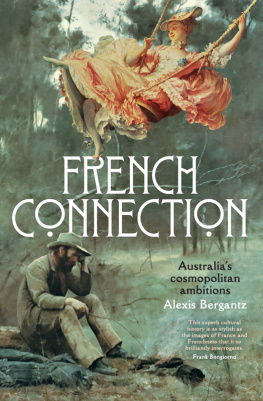
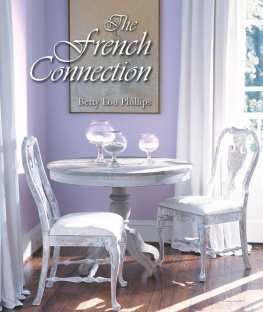

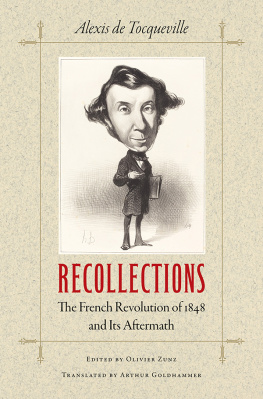


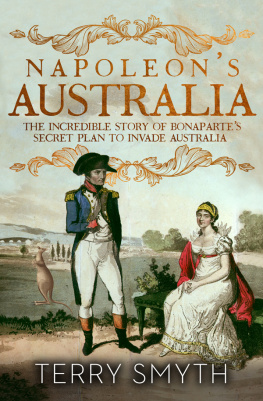
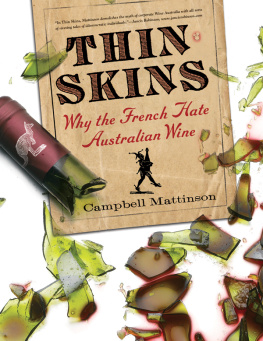


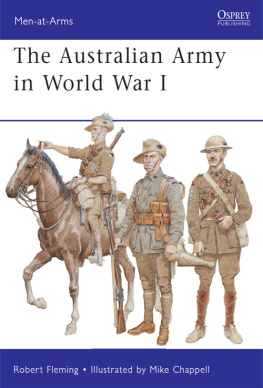



 A catalogue record for this
A catalogue record for this